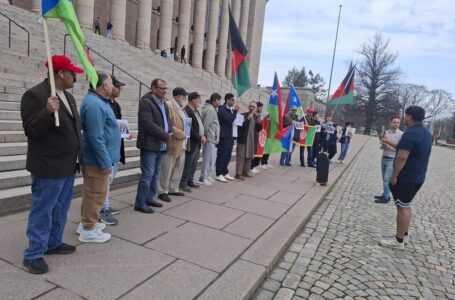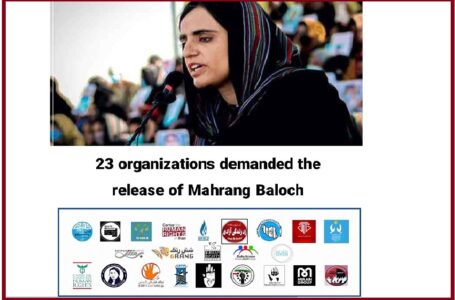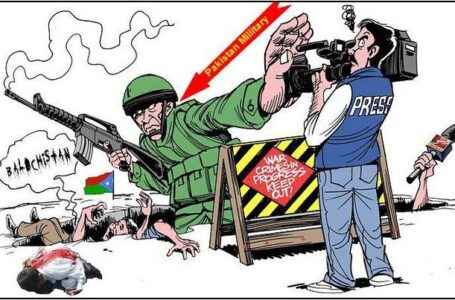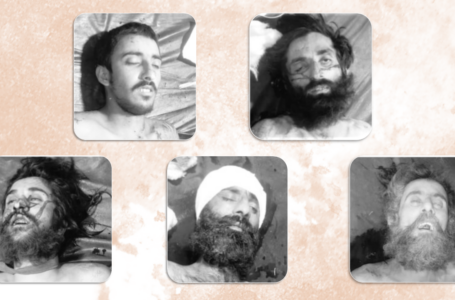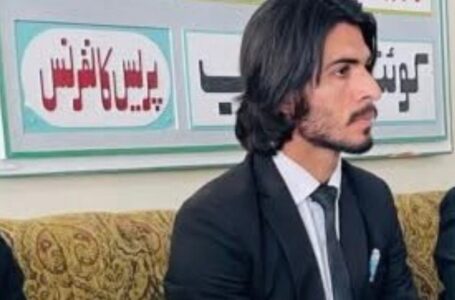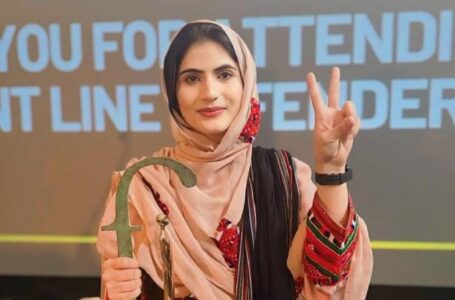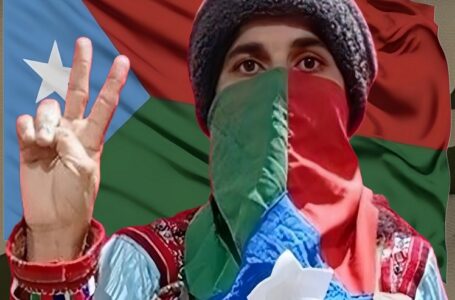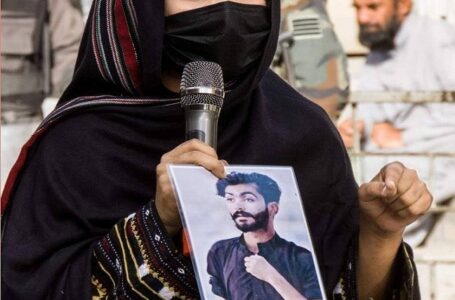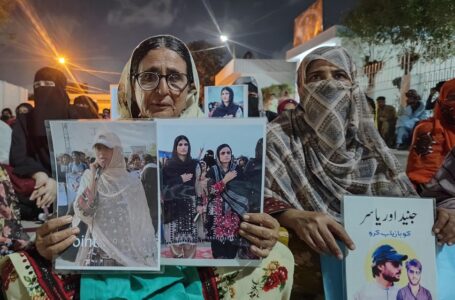Militarisation of Primary Schools in Balochistan by Iran’s army
Militarisation of Primary Schools in Balochistan by Iran’s army
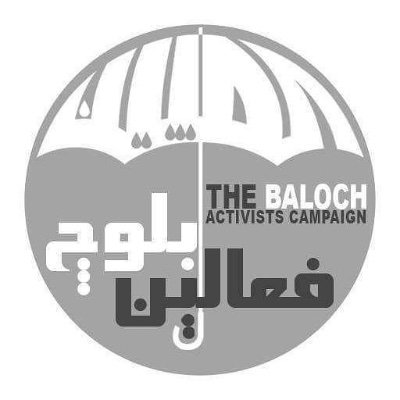
DOZZAAP (ZAHEDAN): In a move that has triggered widespread concern among rights advocates and educators, the Department of Education in Iranian Occupied Balochistan has come under fire for introducing military displays into primary schools to mark Iranian Army Day.
According to the Baloch Activists Campaign, light weapons, grenades, mortars, and other military equipment were displayed in at least one primary school in the city of Chabahar, exposing young children to symbols of war and violence.
The controversial initiative, meant to commemorate the Islamic Republic of Iran’s armed forces, has been condemned as a blatant militarisation of educational environments.
Critics warn that such exposure to military hardware at a young age can cause serious psychological harm and disrupt healthy child development. “This is not education — this is indoctrination,” said one campaign member. “Instead of fostering peace, creativity, and learning, schools are being used as tools for promoting a culture of violence.”
The action has drawn sharp criticism from human rights organisations, who argue that it violates international standards.
Article 29 of the United Nations Convention on the Rights of the Child — to which Iran is a signatory — explicitly calls for education to be directed toward the development of the child’s personality and respect for human rights, and to take place in a peaceful environment.
The United Nations also emphasises that schools should serve as safe spaces for intellectual growth and peaceful coexistence — not places for the glorification of military ideology.
The Baloch-majority region Western part of Balochistan, already suffering from severe educational deprivation, structural discrimination, and chronic underdevelopment, is particularly vulnerable.
Rights advocates argue that instead of improving the quality of education and mental health support for students, authorities are pushing them further into a culture of militarisation and fear.
The Baloch Activists Campaign has urgently called on international bodies such as UNICEF, the UN Special Rapporteur on the Rights of the Child, and the UN Special Rapporteur on the Situation of Human Rights in Iran to launch independent investigations into these practices.
“This militarisation of elementary education in ethnic minority regions is not only irresponsible — it is dangerous,” said a spokesperson for the campaign. “It threatens children’s futures and undermines both national and global principles of education.”
The group warns that silence from the international community would signal complicity. They called for immediate global pressure on the Iranian government to end the practice and to refocus educational policy on peace, inclusion, and children’s well-being.

